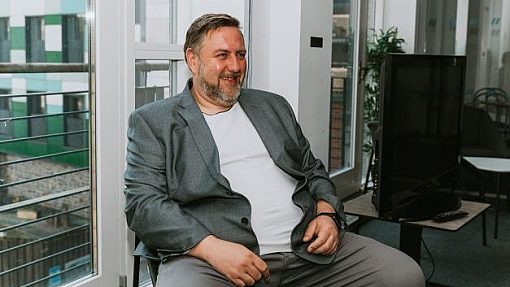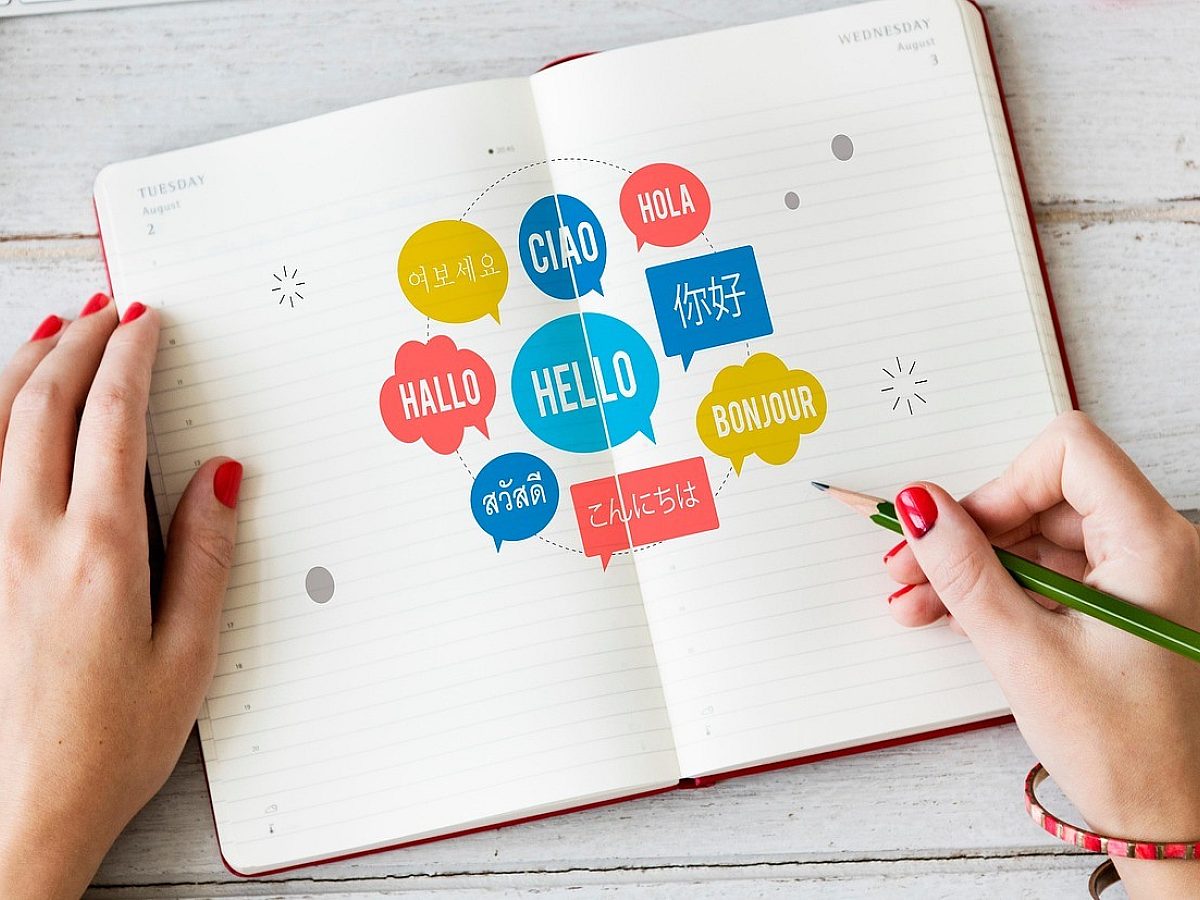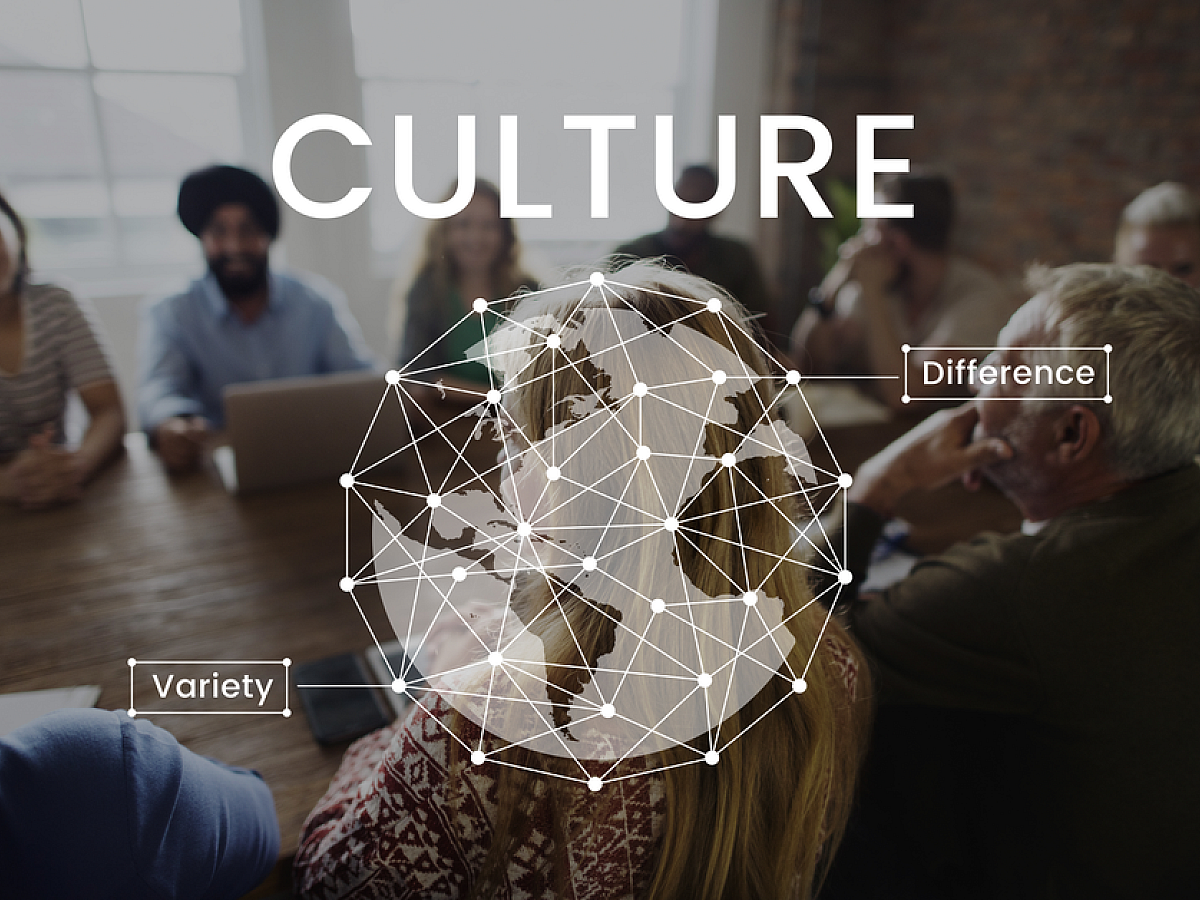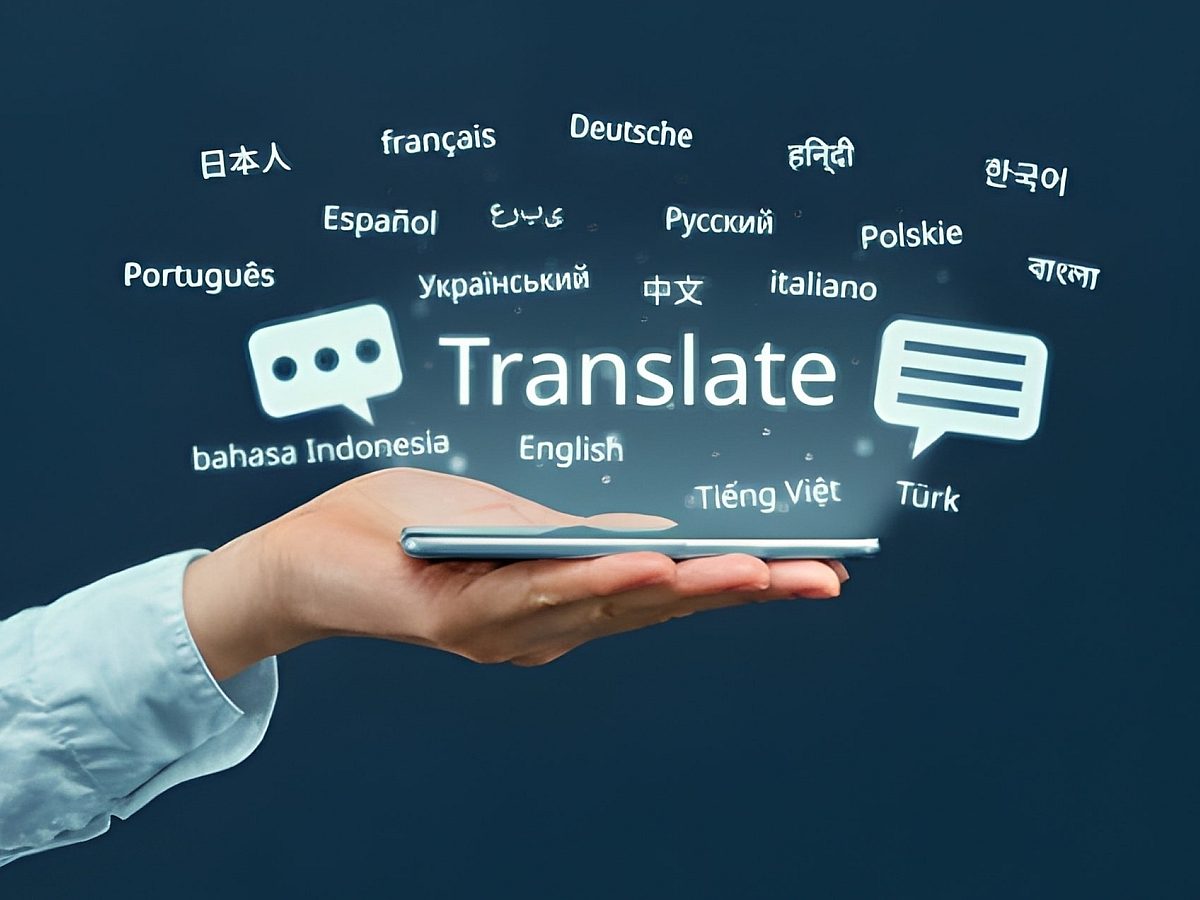The 2024 Summer Olympics in Paris is hosting 10,000+ athletes from 204 nations. But it’s also hosting speakers of over 100 languages—and broadcasting to fans who speak many more.
Bridging the Olympic language gap is no easy feat—it could be an Olympic event itself!
How does the Olympics handle such a monumental language gap?
How do players, referees and organizers understand one another?
And how does the Olympics broadcast LIVE to billions of viewers around the world in languages everyone can understand?
Let’s look at how the games bring global glory to local fans with its Olympian translation and localization efforts.
What Languages Are Spoken at the Olympics?
French and English are the official languages of the Olympic Games. French is the primary language, even when the games are not taking place in France.
It might seem strange that Greek is not an official language. But there’s a reason French holds a special place as the primary language of the International Olympic Committee (IOC),
The modern Olympic games, which were first held in 1896, were founded by a French Baron named Pierre de Coubertin. The IOC was established in French, and it remains its official language today.
Olympic Fact: The ancient Greek Olympic Games took place every four years without fail between 776 BC and 393 AD—that’s nearly 1200 years! It took 1500 years for the games to return in 1896.
Each Olympic Games also has a third official language—the host nation's language. For example, at the 2020 Summer Olympics in Tokyo, Japanese was also an official language of the Olympics.
However, the real linguistic landscape of the Olympics is far more complex than its “official” languages. The athletes and their support teams come from all corners of the globe, speaking languages from Mandarin and Spanish to Swahili and Hindi.
This diversity poses many challenges for organizers, who must ensure everyone can communicate across all levels, from the sporting arenas to the Olympic Village.
A lapse in communication isn’t just an inconvenience—it can affect an athlete’s performance.
How Do People Understand Each Other at the Olympics?
While you’re watching athletes vault, sprint and surf during the 2024 Paris Olympics, there’s a massive multilingual effort of translation and interpretation happening behind the scenes.
While the official Olympic languages are French and English, the IOC requires simultaneous interpretation in six languages—French, English, German, Spanish, Russian and Arabic—during all official sessions. This includes press conferences, meetings and competitions.
These interpreters work in real-time, ensuring that nearly everyone, regardless of their native language, can follow along. During the games themselves, hundreds of interpreters are on hand to assist with athlete briefings, media interviews and much more.
Olympic Fact: During the 2020 Tokyo Olympics, over 35,000 volunteers were recruited to provide language assistance.
What about non-official and non-televised aspects of the games?
An army of translators and language specialists arrive at the host city weeks before the opening ceremony to translate just about everything. They turn the entire Olympic complex and its surroundings into a multilingual melting pot for athletes and guests.
This includes translating everything from signage in the Olympic Village and transportation networks to menus and informational guides. Their work ensures that athletes, coaches and visitors can easily navigate the host city.

AI Translation Lends a Hand in Paris
This year in Paris, the Olympics are also embracing the latest in AI translation technology.
Paris's public transport system, for example, has equipped over 3,000 agents with AI-supported translation devices.
These handheld devices translate between French and 16 other languages, including Mandarin, Arabic and Korean. The devices display the translated text on a screen and can also read it aloud, making it easier for visitors to get around.
In the coming years, AI translation is expected to play a much bigger role in helping people communicate at the Olympics.
How Does the Olympics Broadcast Live in So Many Languages?
Broadcasting the Olympics to a global audience is another monumental task. The event is watched by billions of people around the world, each tuning in to coverage in their native language. So, how does the Olympics deliver live broadcasts in so many languages?
The Olympics coordinates the broadcasting of all events via the Olympic Broadcasting Services (OBS). It’s a specialized arm of the IOC responsible for producing and distributing live television, radio and digital coverage of the games.
Olympic Fact: The Olympics has a global viewership of over 3 billion fans!
OBS produces a neutral feed of the games with no commentary, covering sports competitions as well as the Opening and Closing Ceremonies. This feed is distributed to national and regional networks worldwide that have acquired the rights to broadcast the Olympics. These networks add their own commentary, interviews and localized content to tailor the broadcast to their home audiences.
So, OBS handles the broadcast for every event, and local partners provide the commentary in their languages. This is how the Olympics is broadcast live in hundreds of languages simultaneously.
Wolfestone Group: Go for Gold with your Localization Project
The Olympics is a display of the world’s greatest athletes. It’s also an incredible achievement of translation and localization.
In Paris, linguists have gone above and beyond to bring the world together through live broadcasts, human interpreting, and the latest AI-powered solutions.
At Wolfestone Group, we understand the complexities of global communication. Just as the Olympics requires seamless translation and localization, so do businesses looking to expand their reach across borders.
Wolfestone Group is a leader in providing translation, localization and interpreting services that help businesses thrive in the global marketplace.
Olympic Fact: Wolfestone Group has yet to win an Olympic medal, though it has earned over 50 awards and nominations for excellence in language services.
From translating your website into multiple languages to providing interpreting services for international conferences, Wolfestone Group has the expertise and technology to ensure your message is understood by audiences around the world.
Don’t let language barriers hold your business back. Partner with Wolfestone Group and take your localization project to the next level.
Contact us today and use the promo code Olympic10 for 10% off your next translation and localization project.
Good luck Team USA!




